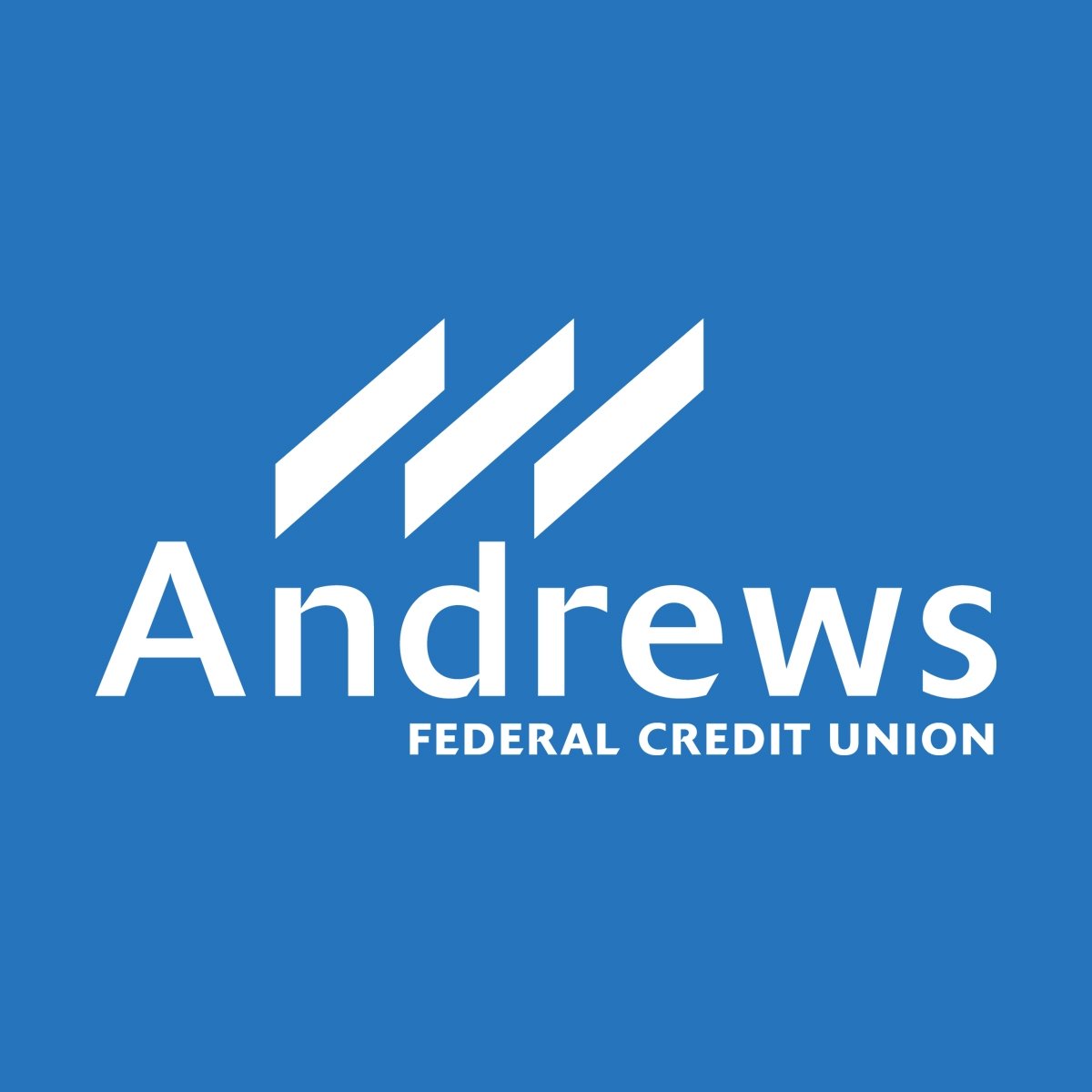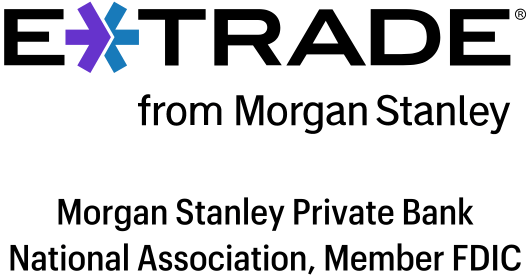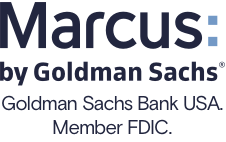13 Best 3-Year CD Rates for November 2024
Nov 1, 2024Many, or all, of the products featured on this page are from our advertising partners who compensate us when you take certain actions on our website or click to take an action on their website. However, this does not influence our evaluations. Our opinions are our own. Here is a list of our partners and here's how we make money.
ALSO CONSIDER: Best online savings || Best checking || Best high-interest accounts
The best three-year CD rates can give a boost to short-term savings. The rates featured on this page are much higher than the national average rate of 1.35% APY for three-year CDs. See our picks below.
Strict editorial guidelines to ensure fairness and accuracy in our coverage to help you choose the financial accounts that work best for you. See our criteria for evaluating banks and credit unions.
More than 90 financial institutions surveyed by our team of experts.
More than 50 data points considered for each bank and credit union to be eligible for our lists. For this CD list, three data points were considered per institution.
Also scroll down to see "no-penalty" CDs that allow you to withdraw your money whenever you want.
Nerdy Tip
The Fed lowered its benchmark rate multiple times in the second half of 2024. As a result, banks and credit unions have started lowering CD rates. With a CD, you can lock in high rates while they’re still around.
Bank/institution | NerdWallet rating | Minimum deposit | APY | Learn more |
|---|---|---|---|---|
4.2/5 | $1,000 Federally insured by NCUA | APY 3.65% | Learn more at Alliant Credit Union, Federally insured by NCUA | |
5.0/5 | $0 Member FDIC | APY 3.90% | Read review | |
4.8/5 | $500 Member FDIC | APY 3.65% | Read review | |
4.5/5 | $0 Deposits are FDIC Insured | APY 3.90% | Read review | |
5.0/5 | $1,000 Member FDIC | APY 3.60% | Read review | |
4.5/5 | $5,000 Federally insured by NCUA | APY 3.35% | Read review | |
4.7/5 | $1,000 Federally insured by NCUA | APY 3.85% | Read review | |
4.1/5 | $2,500 Member FDIC | APY 3.60% | Read review | |
4.4/5 | $1,000 Federally insured by NCUA | APY 4.00% | Read review | |
3.9/5 | $1,000 Member FDIC | APY 3.77% | Read review | |
4.0/5 | $0 Member FDIC | APY 3.60% | Read review | |
3.6/5 | $500 | APY 4.10% | Read review | |
3.8/5 | $0 Member FDIC | APY 3.60% | Read review |

Minimum deposit
$1,000
Federally insured by NCUA
APY
3.65%

Minimum deposit
$0
Deposits are FDIC Insured
APY
3.90%

Minimum deposit
$1,000
Member FDIC
APY
3.60%

Minimum deposit
$5,000
Federally insured by NCUA
APY
3.35%

Minimum deposit
$1,000
Federally insured by NCUA
APY
3.85%

Minimum deposit
$2,500
Member FDIC
APY
3.60%

Minimum deposit
$1,000
Federally insured by NCUA
APY
4.00%

Minimum deposit
$1,000
Member FDIC
APY
3.77%

Minimum deposit
$0
Member FDIC
APY
3.60%

Minimum deposit
$500
APY
4.10%

Minimum deposit
$0
Member FDIC
APY
3.60%
Want to compare more options? Here are our other top picks:
» Want to see more options? Check out our list of the best CD rates overall
Best 3-year CD rates for November 2024
Alliant Credit Union: 3.65% APY.
BMO Alto: 3.90% APY.
Synchrony Bank: 3.90% APY.
Marcus by Goldman Sachs: 3.65% APY.
Sallie Mae Bank: 3.60% APY.
Andrews Federal Credit Union: 3.85% APY.
TAB Bank: 3.60% APY.
Connexus Credit Union: 3.35% APY.
NASA Federal Credit Union: 4.00% APY.
First Internet Bank: 3.77% APY.
Capital One: 3.60% APY.
Customers Bank: 4.10% APY.
E*TRADE: 3.60% APY.

3-year CD trends
NerdWallet picks’ average:
3.78% APY
National average:
1.35%
Another option: No-penalty CDs
When you withdraw your money from a CD before the term expires, you generally pay a penalty of at least several months’ of interest earned.
Some providers, however, allow you to withdraw your money before the term expires, with no penalty. Keep in mind that rates may be a little lower for these no-penalty CDs.
The following four banks offer no-penalty CDs (click each link to read the full review):
Ally Bank® (Member FDIC).
See CD rates by term and type
Compare the best rates for various CD terms and types:
How do CDs work?
Learn more about choosing CDs, understanding CD rates, and opening and closing CDs.
Choosing CDs:
- See CD rates by bank
Here’s a quick list of CD rates at traditional and online banks and a brokerage:
Last updated on November 1, 2024
Methodology
On a monthly basis, we compare rates at over 40 financial institutions, pulled from our full list, that we’ve seen to be consistently competitive. On a quarterly basis, we analyzed our full list, excluding banks that offered brokered CDs, since those accounts work differently from standard bank CDs. Higher rates might be available elsewhere.
We took a close look at over 100 financial institutions and financial service providers, including the largest U.S. banks based on assets, internet search traffic and other factors; the nation’s largest credit unions, based on assets and membership; and other notable and/or emerging players in the industry. We rated them on criteria including annual percentage yields, minimum balances, fees, digital experience and more.
Financial institutions and providers surveyed are: Affirm, All America Bank, Alliant Credit Union, Ally Bank, Amalgamated Bank, America First Credit Union, American Express National Bank, Andrews Federal Credit Union, Associated Bank, Axos Bank, Bank of America, Bank5 Connect, Barclays, Bask Bank, Bethpage Federal Credit Union, BMO, BMO Alto, Boeing Employees Credit Union, Bread Savings, BrioDirect, Capital One, Carver Federal Savings Bank, CFG Bank, Charles Schwab Bank, Chase, Chime, CIBC U.S., CIT Bank, Citibank, Citizens, Citizens Bank, City First Bank, Climate First Bank, Commerce Bank, Community First Credit Union of Florida, ConnectOne Bank, Connexus Credit Union, Consumers Credit Union, Current, Customers Bank, Delta Community Credit Union, Discover® Bank, E*TRADE, EverBank (formerly TIAA Bank), Fifth Third Bank, First Foundation, First Internet Bank, First National Bank, First Tech Federal Credit Union, Flagstar Bank, FNBO Direct, Forbright Bank, Global Credit Union, GO2bank, Golden 1 Credit Union, Greenwood, Hope Credit Union, Huntington Bank, Industrial Bank, Ivy Bank, Jenius Bank, KeyBank, Lake Michigan Credit Union, Laurel Road Bank, LendingClub Bank, Liberty Bank, Live Oak Bank, M&T Bank, Marcus by Goldman Sachs, My Banking Direct, NASA Federal Credit Union, Navy Federal Credit Union, NBKC, One, OneUnited Bank, Pentagon Federal Credit Union, PNC, Poppy Bank, Popular Direct, Quontic Bank, Regions Bank, Revolut, Salem Five Direct, Sallie Mae Bank, Santander Bank, SchoolsFirst Federal Credit Union, Security Service Federal Credit Union, Securityplus Federal Credit Union, Self-Help Credit Union, Service Credit Union, SoFi, State Employees’ Credit Union of North Carolina, Suncoast Credit Union, Synchrony Bank, TAB Bank, TD Bank, Truist Bank, U.S. Bank, UFB Direct, Upgrade, USAA Bank, Varo, Vio Bank, Wells Fargo, Western Alliance Bank and Zynlo Bank.
NerdWallet's Best 3-Year CD Rates for November 2024
- Alliant Credit Union Certificate: 3.65% APY
- Synchrony Bank CD: 3.90% APY
- Marcus by Goldman Sachs High-Yield CD: 3.65% APY
- BMO Alto Certificate of Deposit: 3.90% APY
- TAB Bank CD: 3.60% APY
- Connexus Credit Union Certificate: 3.35% APY
- Andrews Federal Credit Union Fixed Rate Share Certificates: 3.85% APY
- Sallie Mae Bank CD: 3.60% APY
- NASA Federal Credit Union Share Certificate: 4.00% APY
- First Internet Bank CD: 3.77% APY
- Capital One 360 CD: 3.60% APY
- Customers Bank CD: 4.10% APY
- E*TRADE CD: 3.60% APY
Frequently asked questions
- What are CDs?
Certificates of deposit, or CDs, are savings accounts in which cash is locked away for a predetermined period of time, generally three months to five years.
CD rates are shown as an annual percentage yield, or APY. That number shows how much the CD earns in one year and includes compound interest. The higher the APY, the more your money will grow. Long-term CDs usually earn the highest rates. See this month’s top 3-year CD rates.
- What's better: CDs or investment accounts?
That depends on how much risk you're willing to take. Investment accounts can have higher returns than CDs, but CDs offer guaranteed returns in the form of fixed interest rates. And they're typically federally insured for up to $250,000. Brokerage accounts can be riskier since you aren’t protected against losses. (For more information, see our list of the best online brokers.)
- When should you get a three-year CD?
Ideally, you'll take out a three-year, or 36-month, CD only if you're certain that you won’t need that money before the term ends. Current CD rates tend to be higher than savings account rates. However, if you want to keep your funds more accessible, a high-yield online savings account is a better choice. (Check out our list of the best online savings accounts.)
- Can you withdraw cash early?
Although most CDs don't have monthly fees, banks typically charge early withdrawal penalties if you remove money before the CD's expiration date. The penalty is often several months' worth of interest. (If you're worried about losing access to your money for too long, consider shorter terms such as six-month CDs.)
» See what CDs can earn with our CD calculator

